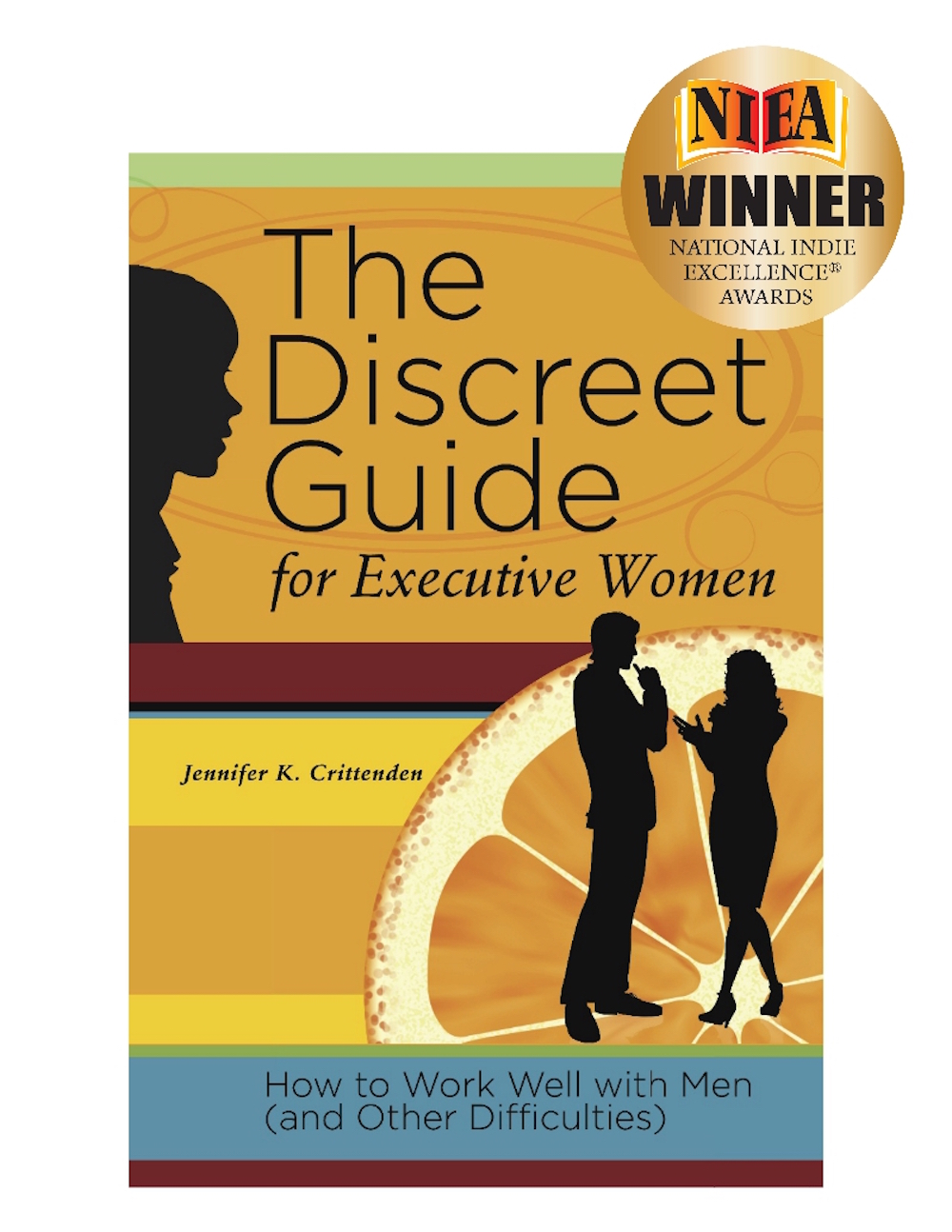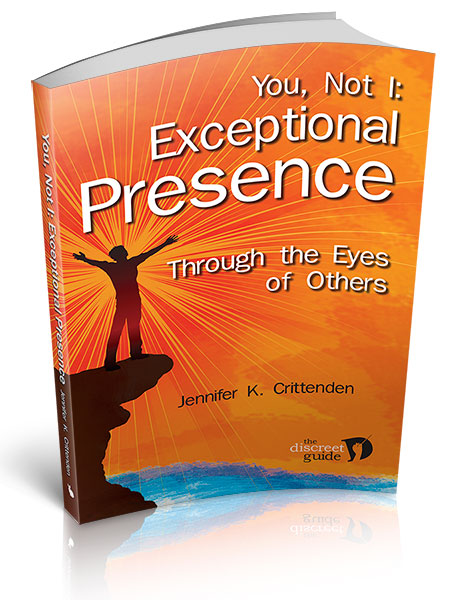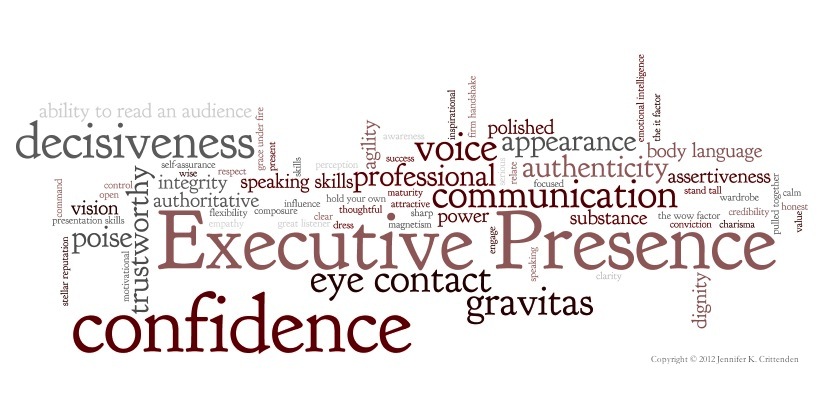According to CNN, couples marrying last year spent an average of $30,000 on the day they tied the knot. In Manhattan, the average cost was $80,000, and those figures don’t even include the honeymoon. In comparison to the cost of middle-class weddings just a generation ago, and certainly two generations ago, that seems astonishing. What has contributed to this extravagance? Is it social pressure? Excellent marketing on the part of the wedding industry? Those bridal magazines? Unless you have more cash than you know what to do with, it occurs to me that this is a good time to rethink the wedding-cost race. Some ceremonies, guest entertainment, dresses, and accoutrements have completely jumped the shark. It’s sad to think how depressed those young couples might be when they wake up the morning after, with a hangover, and think about what else they could have done with the money. Such excess seems out of synch with the desire of many modern women for a green, simple, and socially-aware lifestyle. When you consider the expenditure in light of a divorce rate of 40 to 50% for first marriages, it seems out of synch with financial wisdom.
If the parents are paying for their daughter’s nuptials, some subtle and misguided competition might be in play (encouraged by wedding planners and all those who stand to profit from overspending) to make this day the happiest of their beloved daughter’s life. If Shawna spent $25,000 and Mackensie spent $30,000, well-intentioned parents might think they have to suck it up and spend the same. And if it runs a teensy bit over, that just shows how much they love our daughter. But it raises a question about what message they are sending to their daughters when they dispense such a large sum to get her hitched.
A radical colleague pointed out to me the strangeness of such an out-sized celebration of marriage, as though a woman’s wedding day is the most important day of her life. “Why don’t the parents give that kind of money to her when she graduates?” she mused. I could see her point.
If the couple is financing the wedding themselves, an expensive event could cause unnecessary financial stress precisely at a time when they may be considering starting a family or buying a home. When you are just starting out, it is a great time to think carefully about finances and talk together about your plans. Your mutual approach to this decision could pave the way for similar open and serious conversations with your husband after you’re married. Maybe we could get that divorce rate down if couples could have better quality conversations about money!
Your determination about how much to spend on your wedding depends on your priorities and the importance of that day in the context of all the other days of your marriage. If you have your heart set on an occasion full of lace and wedding cake marzipan, I won’t say that spending a lot on it is immoral or stupid, but it is an expensive financial decision that you may regret later. If you already have doubts about an over-the-top extravaganza, consider asking your husband-to-be if he would agree to a smaller wedding and using the savings in a different way. He may be relieved if he wasn’t really looking forward to a day of frou-frou. If your parents have offered to finance it, perhaps they would be willing to set up a mini nest egg for you in lieu of a huge event.
Now comes the fun part—when you get to decide what to do with the savings. Here are a few alternatives that a savvy bride could consider:
-
Pay off your credit card debt. The average age of an American bride in 2013 was 27 years old. MagnifyMoney.com estimated in 2014 that the average credit card debt for millennials was $8,864 each. There may not be complete overlap between those lovebirds and those with credit card debt, but I would guess that there is some. Paying off your debt and avoiding punitive credit card interest rates would demonstrate lots of money smarts.
-
Pay off your student loans. According to the Huffington Post in 2012, graduates under 30 carried an average of $20,835 in student debt. Although interest rates on student loans are not draconian double-digit shockers in comparison to credit card rates, it would make more sense financially to preserve your hard-earned income instead of spending it on interest fees when a better alternative exists.
-
Invest in stocks and bonds. All investments are risky, and no one can guarantee a return, but even the worst investor in the world will do better than throwing the money away on flowers and canapes. And on average, in most years, investors gain about 10% a year in the stock market. In ten years, your $30,000 could be worth $78,000. Advisors estimate that you can be 80% confident that you would have between $45,000 or $60,000. That’s a pretty good bet. It’s not a sure thing, but when you’ve got an over 40% chance of being divorced by then, I’d play the odds.
-
Save the money. Say, thanks, Mom and Dad, and put it away. Who knows what might happen in the next ten years? Maybe you won’t be able to have kids, and the marriage will end in divorce. Maybe you will have kids. Did you know that becoming a mother is the biggest contributing factor to poverty in old age? It may be very prudent to have some rainy day funds set aside.
-
Buy something else. Don’t purchase something that will ultimately cost you more than $30,000, and I would avoid assets that depreciate significantly immediately like cars and boats, but one option would be to invest in something that might appreciate and that you can enjoy in the meantime, a painting or cabin, for example. Or you could invest in other hard assets as an alternative to the stock market, such as gold or silver.
On an irreverent note, if you’ve started planning your wedding and are finding it very stressful, there may be a good reason for that. Divorce rates for second and third marriages are even higher than for first marriages—74% of third marriages end in a breakup. I wonder (only somewhat facetiously) if wedding planners, bakers, florists, and caterers may actually try to make the process painful and contentious. It is to their advantage to sow as many seeds of friction between the bride and groom as possible, so long as it doesn’t backfire and the couple splits before the big day. Maybe you should consider eloping, just to save your marriage!
If you work up some calculations before you get swept into wedding madness, you may decide to spend less and see if you can use some of the money more thoughtfully. It doesn’t mean you can’t have a beautiful or exceptional celebration. Although everyone pays homage to the notion that what’s important is that “the two of you enjoy your day,” those who profit from weddings don’t really want you to think like that. Google reports 157 million results for the search term “planning your wedding” compared to 53 million for “choosing your major.” One wedding planning website actually stated, “Choosing a wedding cake is one of the most important decisions you will ever make.” That strikes me as insulting in this day and age. I encourage you to be skeptical of those who stand to profit, think for yourself, and contemplate what financial alternatives you have. With a bit of creativity, I’ll bet you can plan a truly special day, that you both will remember with pleasure, and maybe even work in a little lace and marzipan.
© 2015 Jennifer K. Crittenden





 Ten 90-minute individualized sessions. Private and confidential.
Ten 90-minute individualized sessions. Private and confidential.

